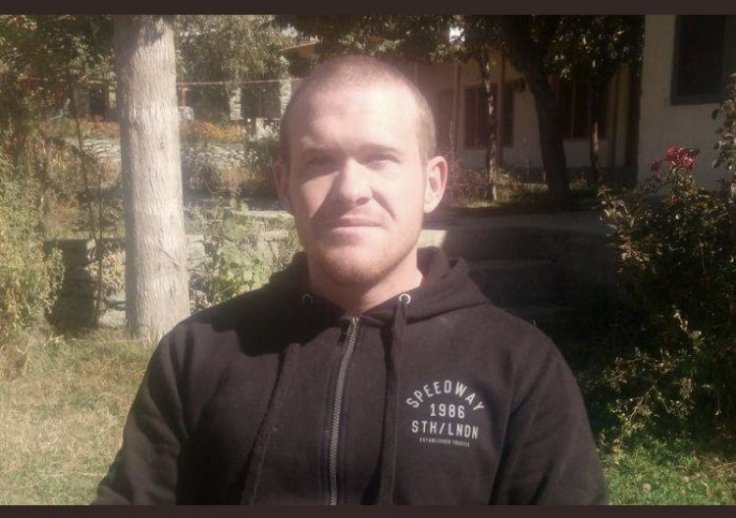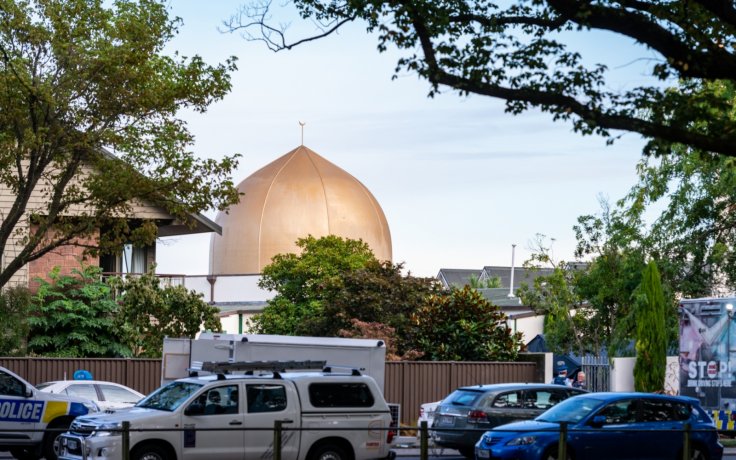Brenton Harrison Tarrant, the man who perpetrated the massacre of 51 worshipers at a mosque in Christchurch, has decided to get rid of his lawyers. He will now represent himself in August when the Christchurch High Court moves towards sentencing him.
Tarrant, a 28-year old Australian, hails from Grafton in New South Wales province. He carried out the attack on March 15 last year and indulged in indiscriminate shooting at two mosques within the city. The first place he attacked was the Al Noor Mosque and then went to the Linwood Islamic Centre.

The motivation for this bloodbath has been found to be his belief in the ideology of white supremacism. Tarrant didn't just attack the two above-mentioned places but also streamed his deadly actions live on Facebook. According to authorities, he intended to go on and continue the massacres at other venues also, but, thankfully, got apprehended.
Initially, Tarrant chose to plead not guilty to the charges against him, which included murder, attempt to murder, and committing acts of terrorism. However, on March 26, he pleaded guilty to all the charges and subsequently was convicted.

The sentencing would take place on August 24. The two lawyers who represented him were Shane Tait and Jonathan Hudson. The last hearing of the case took place earlier on Monday at the Christchurch High Court where the convict appeared through a video link from the Auckland jail – New Zealand's maximum-security prison.
His lawyers presented their client's request to no longer be represented by his legal team and the court, satisfied of Tarrant's fitness of mind to know his rights, granted it. Since New Zealand doesn't have the death penalty, the worst punishment that could go the way of the convicted mass murderer is life-imprisonment without parole.
Such a punishment would be the first in the history of the island nation. At the moment, it is not clear as to why the 28-year old has chosen to rid himself of his legal defence team. Having undergone a psychiatric assessment and shown to be without any mental condition, he doesn't have many options.
Tarrant may try to use the opportunity for grandstanding. However, with the access to the courtroom restricted both due to the nature of the case and the COVID-19 pandemic, he may not have the chance to do that.









